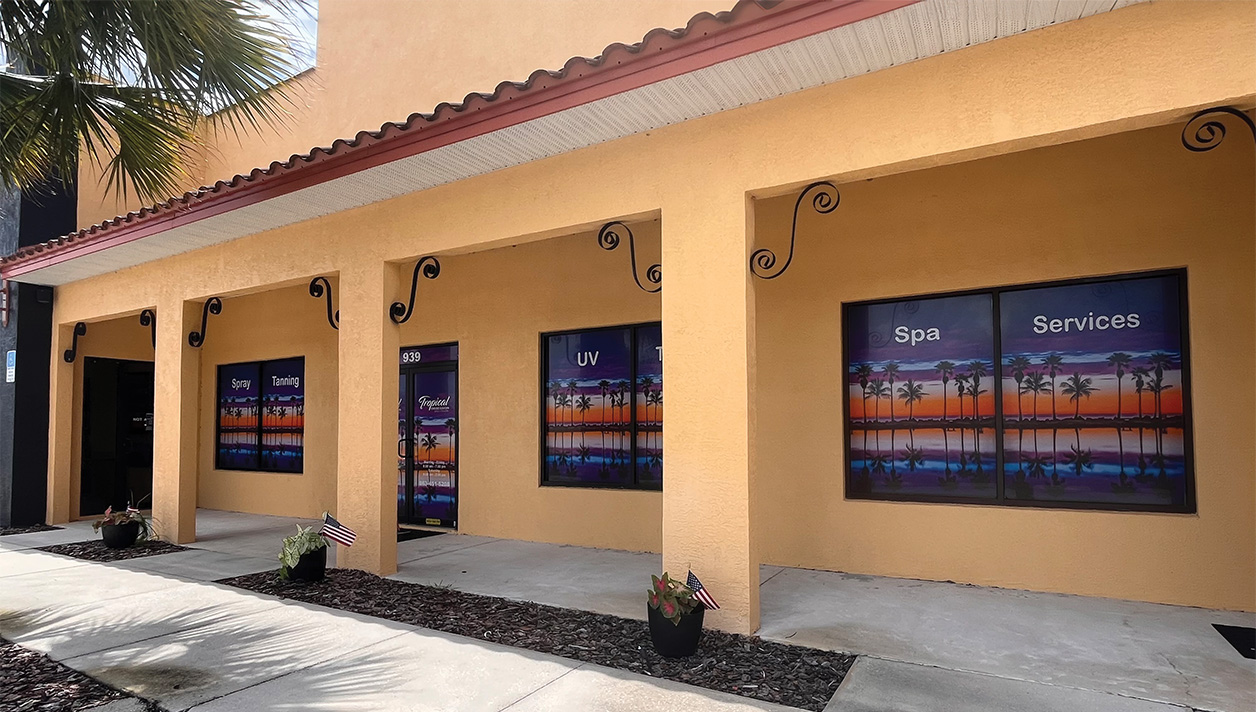Salon owners are often tenants in strip centers and as such, you are often required by the lease terms to provide certain protections to the building owner and the management company. Some requirements can be very simple, such as providing proof of insurance to your landlord; other times, requirements can be difficult to obtain or extremely expensive. It is highly recommended that you review any lease (or legal document) before signing it – this can be very helpful in determining additional costs associated with occupying the space. If you wait until the lease is signed, then you are probably bound to the conditions regardless of the cost or availability.
Most tenants know that they need General Liability insurance since it’s a very common lease requirement. It can get expensive when high limits are required – most standard general liability policies will include a General Liability limit of $1,000,000 per occurrence with a $2,000,000 aggregate. There are carriers out there that will increase these limits, but your landlord might require an additional dollar amount (in increments of $1,000,000) over the base limit.
Your landlord probably doesn’t just want proof of insurance – they want to be added to your policy as an Additional Insured. The Additional Insured status means that the landlord will get proof of insurance and is also entitled to coverage under your policy if they are brought into a claim that occurs at your salon. Most insurance companies have charges for Additional Insureds because of the increased exposure.
To be proactive, it’s important to work with your legal team, insurance agent and landlord/property manager prior to signing a lease.
More and more leases include a Waiver of Subrogation clause which means that the landlord wants to be relieved from liability if a claim occurs at your business as a result of, or because of, something the landlord has done (or could even be from something the landlord failed to do). This means your insurance carrier will not have the ability to limit your claims by attempting to recover losses from your landlord if your landlord contributed to the cause of the loss. There may be a charge for this clause since it denies the carrier the ability to subrogate against the landlord.
Primary and Non-contributory language is also appearing in leases. In this case, your policy would be the first, and only, policy to respond to a claim regardless of whether other coverage exists. Similar to a Waiver of Subrogation clause, there is probably a charge for this additional coverage since this opens up your General Liability policy to claims that didn’t result from your negligence.
While some requests are becoming more common, others should really be amended from a boilerplate, “generic” lease. Landlord-tenant agreements are written for all properties owned or managed by your landlord. They may have insurance requirements that do not apply to your location due to size or exposure. A small salon has different exposures than the large, anchor tenant. A few other examples include the requirements to carry flood, earthquake and auto coverage. If your location has no risk of flood or earthquake, or you don’t own autos, make sure to have these requirements deleted from your lease.
A very common request is to provide a certain number of days’ notice if the policy is being cancelled. There is a new standard on Certificates of Insurance and insurance agents can no longer indicate the number of days’ notice that will be given to an Additional Insured. Individual policy forms dictate that by state and cannot be changed.
To be proactive, it’s important to work with your legal team, insurance agent and landlord/property manager prior to signing a lease. You don’t want to find out that you signed a lease and your carrier cannot provide all the coverage or enhancements required by your lease, or they come at a premium you had not planned for. Leases are typically lengthy, so if you aren’t going to review the document (or you don’t understand the requirements), hire an attorney to help you. Hopefully, all parties can work together to help your business thrive.





























